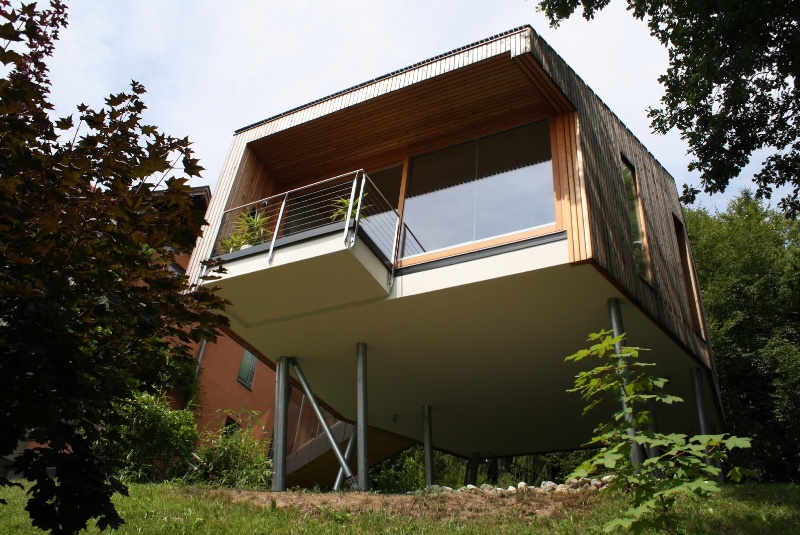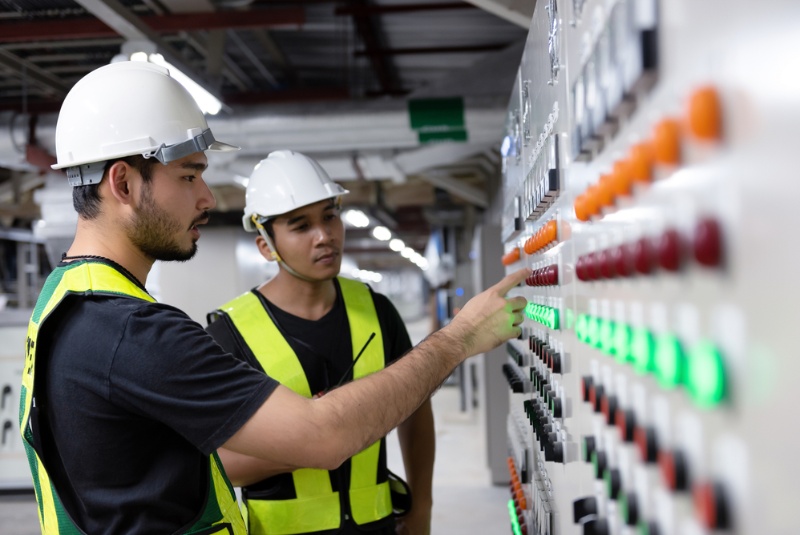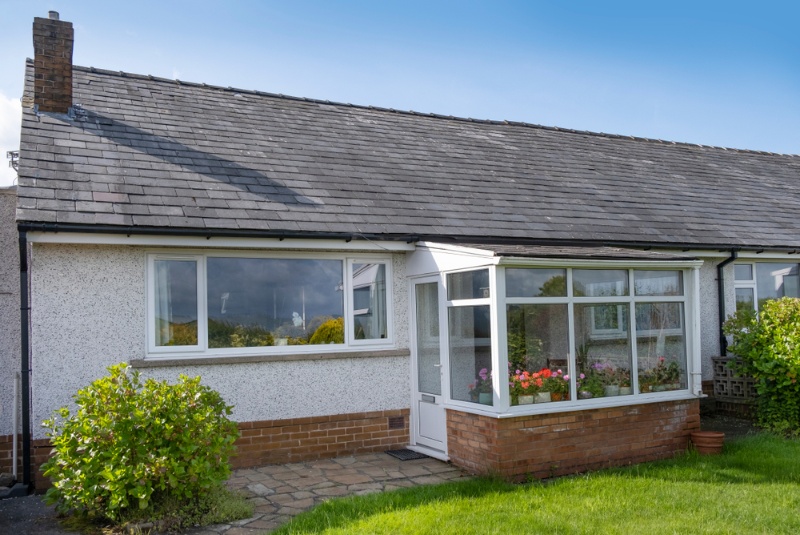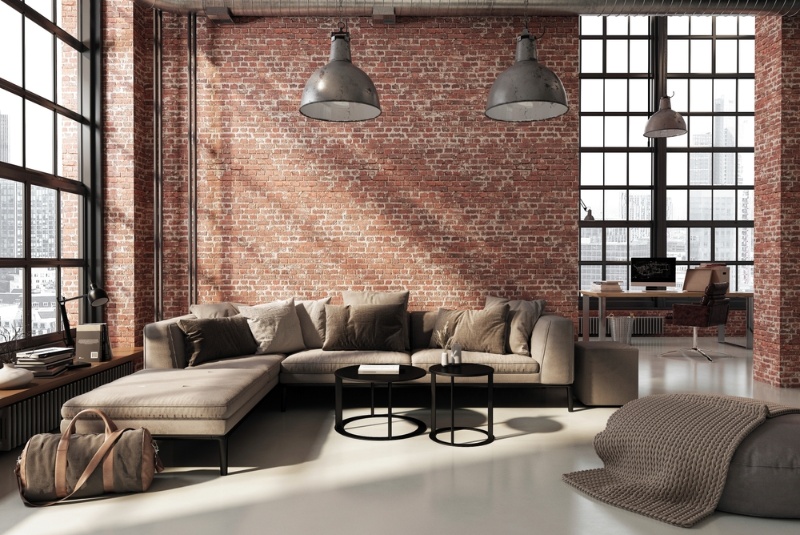Looking for a new home can be daunting, especially when it comes to cost. Many people may not think of buying an eco-friendly as their first option, but what if you found out that you can save tons of money down the line? Eco-friendly homes are powered by sun panels, so your utility bills will be close to nothing.
The Future of Housing: Affordable Eco Houses
The housing landscape is rapidly evolving as technological advancements and environmental concerns converge to shape the future of our dwellings. One of the most promising developments on the horizon is the rise of affordable eco houses. These innovative structures are poised to revolutionize the way we live, offering sustainable and economical solutions to our housing needs. In this article, we explore the concept of affordable eco houses and delve into the potential they hold for a more sustainable future.
Challenges in the Housing Sector
Before delving into the exciting realm of affordable eco houses, it’s crucial to understand the challenges facing the housing sector today. Rising population growth, urbanization, and limited resources are putting immense pressure on traditional housing models. Moreover, environmental concerns such as climate change are demanding that we rethink the way we build and inhabit our homes.
The Eco Housing Revolution
The concept of eco housing has gained significant traction in recent years as a response to these challenges. Eco houses prioritize sustainability, energy efficiency, and affordability, making them an attractive option for both homeowners and the planet.
1. Sustainable Materials
One of the key features of affordable eco houses is the use of sustainable materials. Traditional construction often relies on resource-intensive materials like concrete and steel, which contribute to a significant carbon footprint. In contrast, eco houses incorporate renewable resources such as bamboo, reclaimed wood, and recycled materials. These choices not only reduce environmental impact but also lower construction costs.
2. Energy Efficiency
Affordable eco houses are designed with energy efficiency in mind. They often feature advanced insulation, energy-efficient appliances, and smart technology to optimize energy consumption. These measures not only reduce utility bills for homeowners but also decrease the overall environmental impact of housing.
3. Solar Power
Harnessing the power of the sun is a hallmark of eco houses. Solar panels installed on rooftops generate clean, renewable energy, reducing reliance on conventional fossil fuels. Advances in solar technology have made it more affordable and efficient, making it a practical choice for eco-conscious homeowners.
4. Rainwater Harvesting
To further reduce environmental impact, many affordable eco houses incorporate rainwater harvesting systems. These systems collect and store rainwater for various household uses, such as irrigation and flushing toilets. This reduces the strain on municipal water supplies and lowers water bills.
5. Modular Construction
Modular construction techniques are gaining popularity in the realm of eco housing. This approach involves building components off-site and then assembling them on-site. It reduces construction time and waste while maintaining high-quality standards. Modular eco houses can be customized to meet the needs of individual homeowners while remaining cost-effective.
6. Tiny Homes
Another trend in affordable eco housing is the rise of tiny homes. These compact dwellings emphasize minimalism and efficient use of space. Tiny homes are not only affordable to build but also cost less to maintain and heat, making them an appealing option for those looking to downsize and reduce their ecological footprint.
7. Green Roofs and Walls
Green roofs and walls are becoming increasingly common in eco housing designs. These living surfaces are covered with vegetation, providing insulation, improving air quality, and reducing the urban heat island effect. They also offer a visually appealing and eco-friendly addition to homes.
8. Community Living
Affordable eco housing often goes beyond the individual dwelling and focuses on sustainable community living. Cohousing developments, for example, promote shared spaces and resources, reducing the environmental impact per person. Additionally, these communities foster a sense of belonging and cooperation among residents.
Benefits of Affordable Eco Houses
The adoption of affordable eco houses offers numerous benefits for individuals, communities, and the planet as a whole.
1. Cost Savings
One of the most significant advantages of eco houses is the potential for cost savings. Sustainable materials, energy-efficient design, and renewable energy sources all contribute to reduced utility bills and maintenance costs over the long term. This can significantly improve the financial well-being of homeowners.
2. Environmental Impact
Affordable eco houses have a substantially lower environmental footprint compared to traditional housing. Sustainable materials, energy efficiency, and reduced water consumption all contribute to a smaller ecological impact. By choosing eco housing, individuals can play a role in mitigating climate change and reducing resource depletion.
3. Improved Quality of Life
The focus on sustainability and eco-conscious living in these houses often leads to a higher quality of life. Improved indoor air quality, access to green spaces, and a sense of community in eco-friendly neighborhoods contribute to overall well-being.
4. Long-Term Viability
As the world grapples with the challenges of climate change and resource scarcity, affordable eco houses offer a more sustainable and resilient housing solution. Their design and construction methods are better equipped to withstand environmental challenges, ensuring long-term viability for homeowners.
The Future is Eco-Friendly
As we look to the future, it is clear that affordable eco houses have a pivotal role to play in addressing the housing and environmental challenges of our time. These innovative dwellings offer a path to sustainable living that is within reach for a broader range of individuals and families.
Conclusion
In conclusion, the future of housing lies in the hands of affordable eco houses. These sustainable, energy-efficient, and environmentally conscious homes are not only an answer to the challenges facing the housing sector but also a step towards a more sustainable and eco-friendly future. By embracing affordable eco houses, individuals and communities can reduce their environmental impact, lower living costs, and enjoy a higher quality of life. The future is indeed looking greener and more affordable for all.





